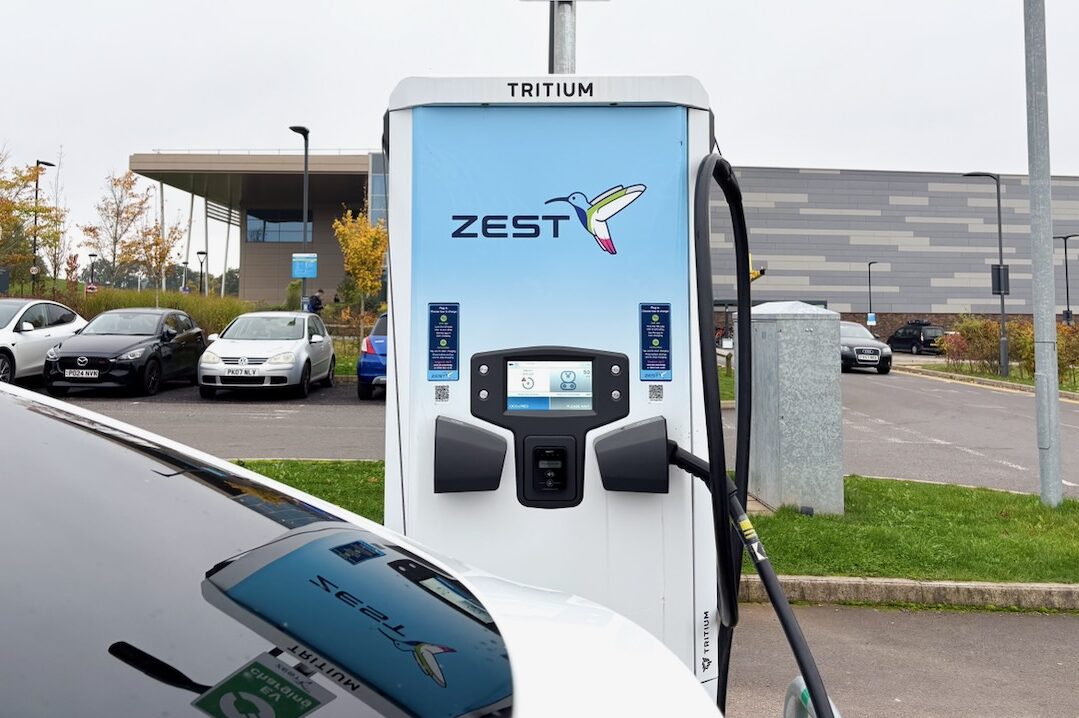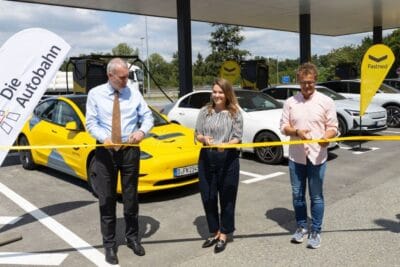Zest installs charging infrastructure at University of Warwick
The deal is not only for the installation of the charging stations, however, but it is part of a 15-year contract under which Zest will manage and provide the facilities at the university following an investment of £1.3 million.
George Saxon, Head of Transport Systems & Operations at the University of Warwick, explained: “We have been delighted to partner with Zest on this significant step towards sustainable transport solutions on our campus. The new charging facilities align with our commitment to reducing carbon emissions and supporting those transitioning to electric vehicles.”
Robin Heap, Founder and CEO at Zest added: “Providing abundant charging facilities ahead of demand encourages more people to make the switch to electric vehicles, so Zest is proud to be supporting the University of Warwick as it looks to reduce carbon emissions generated from all forms of transport. After announcing our partnership with the University in May, we’re delighted to already be operating over 70 charging spaces, making public EV charging more accessible for staff, students and visitors alike.”
While Zest does not specify the charger type in its announcement, an accompanying image shows a fast charging station from Tritium installed at the university. Just a few months ago, Zest also announced another deal to install charging infrastructure in Warrington.





1 Comment